-
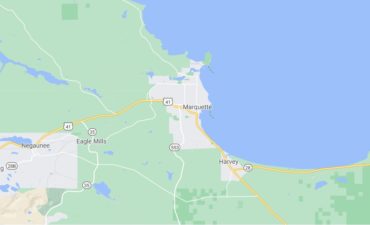
Marquette gets 1,000 feet of Great Lakes beach from utility
-The Marquette City Commission recently voted to accept the land at no cost from We Energies, a utility company.
00 -
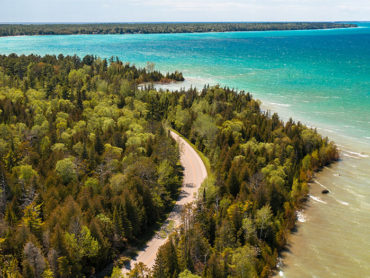
Conservation corridor planned for Michigan’s western UP
-The expansion will create a mostly contiguous 19,000 acres (5,689 hectares) of conserved forestland when combined with neighboring Craig Lake State Park.
-
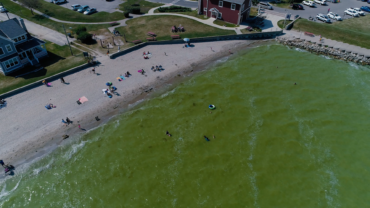
Algal blooms close 5 Madison-area Wisconsin beaches
-The city-county joint health department is urging swimmers to check conditions before entering the water at any beach since algae levels can change quickly.
-
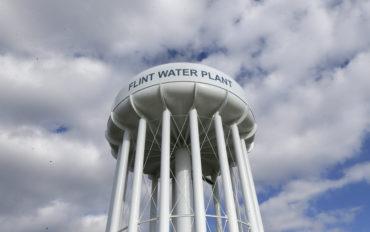
Dispute over Flint bone scan device heats up in water cases
-The bone scan device has been a source of controversy in a $641 million settlement with people who were exposed to lead-contaminated water in Flint.
-

PFAS chemicals found in a third of water samples, state says
-Of more than 400 sites tested across Pennsylvania, about one-third were found to contain one of the chemicals.
-
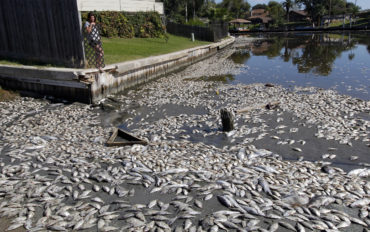 Algae BloomsAPClimate ChangeFeature HomepageFish, Birds and AnimalsLatest NewsNewsResearch, Data and TechnologyWater Quality and Restoration Efforts
Algae BloomsAPClimate ChangeFeature HomepageFish, Birds and AnimalsLatest NewsNewsResearch, Data and TechnologyWater Quality and Restoration EffortsHundreds of lakes in U.S., Europe are losing oxygen
-The study’s authors said declining oxygen could lead to increased fish kills, algal blooms and methane emissions.
-
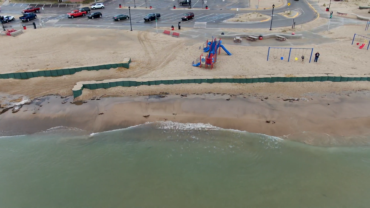 APBeaches, Boating, Paddle Sports and SailingFeature HomepageLake MichiganMichiganNewsRecreation and Tourism
APBeaches, Boating, Paddle Sports and SailingFeature HomepageLake MichiganMichiganNewsRecreation and TourismLifeguards up for discussion in Lake Michigan beach town
-The city stopped using lifeguards in 2001.
-
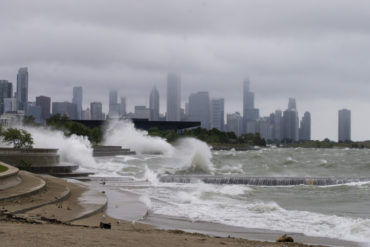
High waves wash out Chicago beaches as Lake Michigan reopens
-The high waves closed most beaches to swimming Friday, the first day they were to be reopened since closing over a year ago because of the coronavirus pandemic.
-
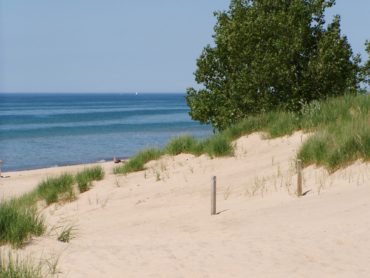
Boulders in place to protect lakefront at Indiana Dunes Park
-The Portage Lakefront at Indiana Dunes National Park has reopened after a project to install boulders to protect the pavilion and assure safer access to the shoreline.
-

EPA restoring state and tribal power to protect waterways
-A provision of the Clean Water Act gives states and tribes power to block federal projects that could harm lakes, streams, rivers and wetlands within their borders.

